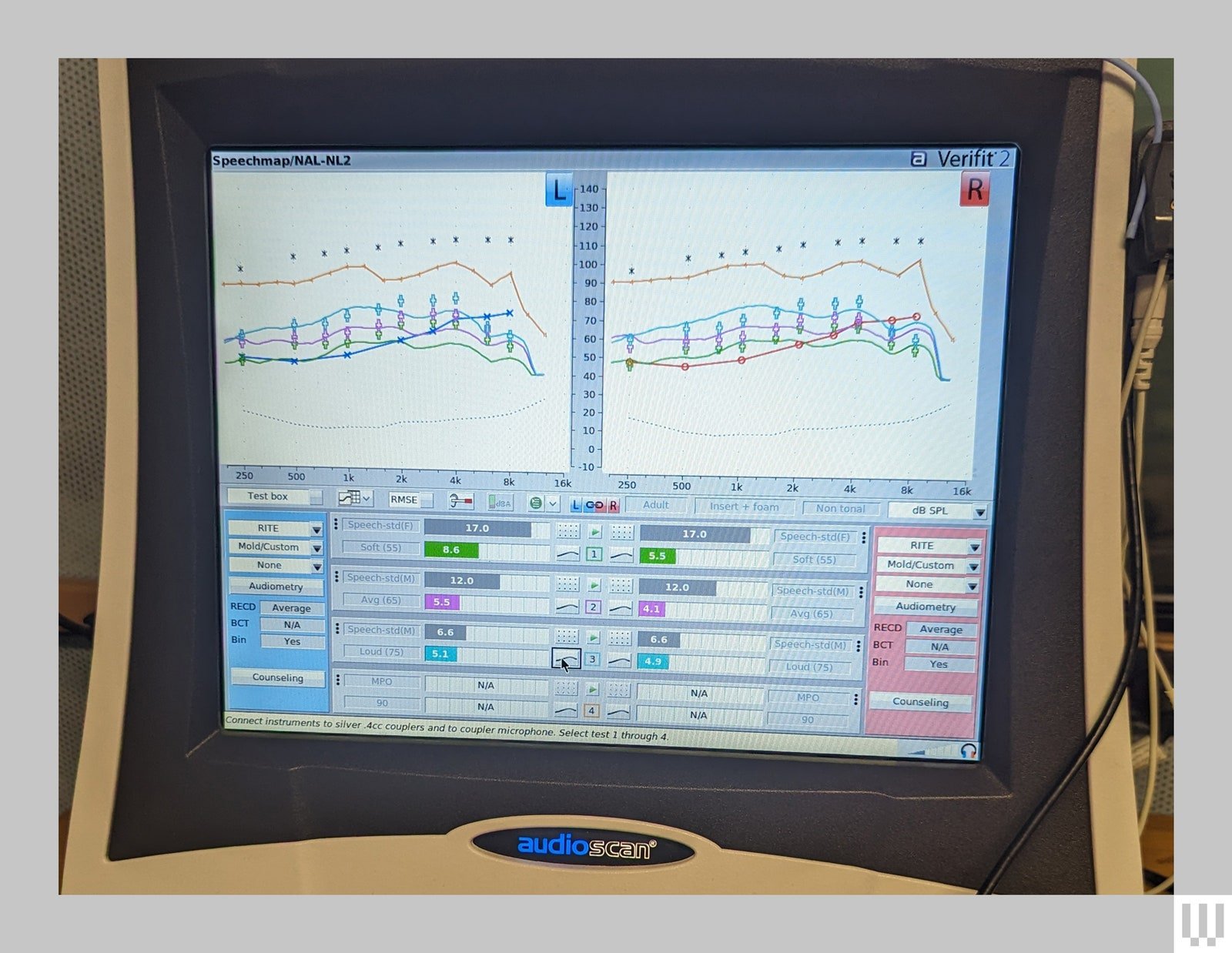In 2022, the US Food and Drug Administration approved the sale of over-the-counter (OTC) hearing aids to supplement traditional prescription options, increasing accessibility and affordability for millions of Americans affected by untreated hearing loss. But how do OTC models measure up to prescription hearing aids? And more importantly, do budget OTC devices treat hearing loss well?
There’s been a healthy level of skepticism around these products since they first hit the shelves, both from medical professionals and long-time hearing aid users. After all—how can a non-prescription product serve the needs of every patient, considering their hearing needs are invariably unique? And if there’s no doctor, who can you turn to for guidance when problems arise?
These are the kinds of questions I got to the bottom of with the help of licensed audiologist Ruth Reisman, who tested each device on this list to ensure it was medically sound. I wore each of them personally for an extended period to gauge sound quality, ease of use, and overall comfort, putting over 20 OTC hearing aids to the test so you don’t have to. In addition to our top picks, we’ve also included a general primer on hearing aids below, diving into key differences between prescription and OTC models, as well as some suggestions on paying for your new hearing aids.
Updated August 2024: We’ve added the Sony CRE-C20 and JLab Hear.
Power up with unlimited access to WIRED. Get best-in-class reporting that’s too important to ignore for just $2.50 $1 per month for 1 year. Includes unlimited digital access and exclusive subscriber-only content. Subscribe Today.
Compare Prices and Key Features
What Are Over-the-Counter Hearing Aids?
Over-the-counter, or OTC, hearing aids are any FDA-approved hearing assistance device you can purchase without a doctor’s prescription. Because they’re not custom-fitted like prescription devices, OTC hearing aids are marketed to patients with mild to moderate hearing loss.
How do they work? While there are some key differences between over-the-counter and prescription hearing aids, all hearing aids work the same way. Namely, they use built-in microphones to pick up sounds in the user’s environment and send them back to the ear through a tiny speaker called an amplifier. These types of hearing aids are collectively referred to as “air-conduction” hearing aids, regardless of whether or not they require a prescription.
Where can you buy OTC hearing aids? You can order OTC hearing aids online directly from the manufacturer or through commercial online retailers like Amazon. Alternatively, you can pick up an OTC hearing aid in any brick-and-mortar store that carries health care devices, including Best Buy, Costco, Walmart, and Walgreens.
How I Tested OTC Hearing Aids
Photograph: René Fielder
I partnered with licensed audiologist Ruth Reisman to conduct hands-on testing with 22 hearing aids. We analyzed each product on numerous dimensions, including quality, comfort level, and performance baselines determined by the American National Standards Institute (ANSI). Read our Best Hearing Aids guide for all the details about our testing process.






